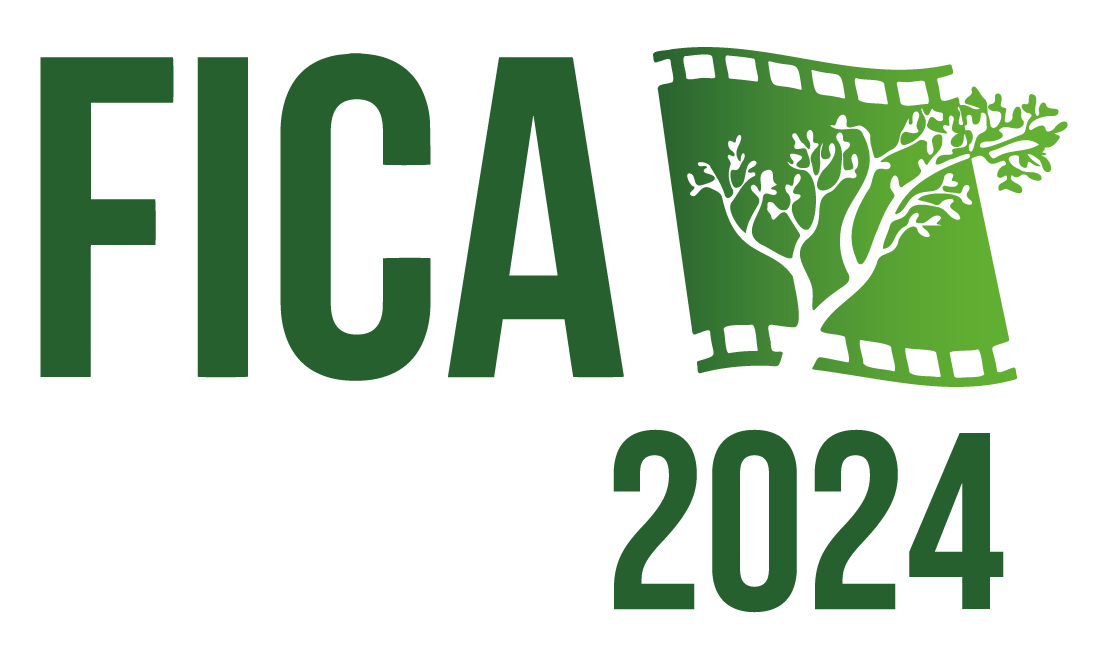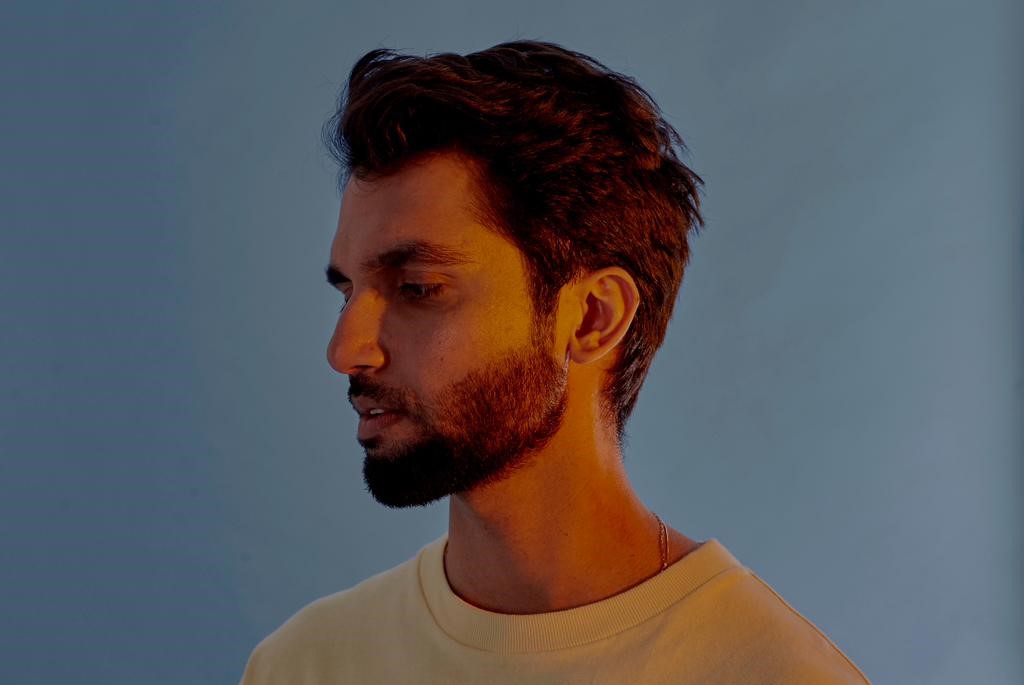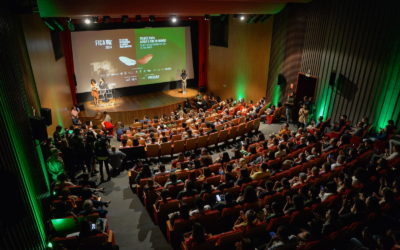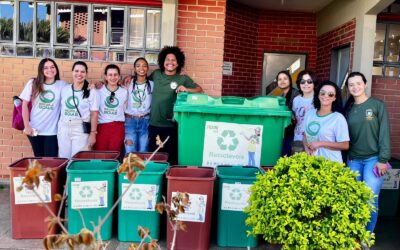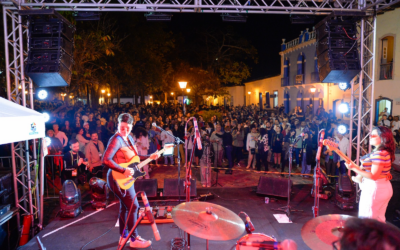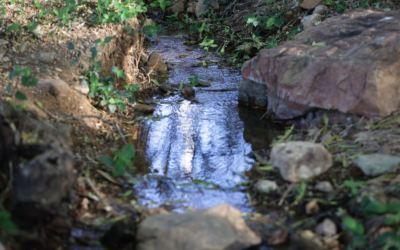Sandra de Sá and Ira! complete the national artistic program. Festival will also feature 11 regional and 16 local performances
Recognized for his original songs and his original reinterpretations on “Bloco do Silva”, one of his most sought after albums, the singer from Espírito Santo closes the musical attractions at the 25th International Environmental Film and Video Festival (Fica), on Sunday (16/06) , at Praça de Eventos, in the City of Goiás. The show is a presentation by Sesc Goiás.
Sandra de Sá and Ira! complete the national artistic program with shows on Friday (14) and Saturday (15), respectively. The festival, which takes place between the 11th and 16th of June, will also feature 27 more regional and local attractions.
Fica is carried out by the Government of Goiás, through the State Secretariat for Culture (Secult), in co-organization with the Federal University of Goiás (UFG), through the Educational Radio and Television Foundation (RTVE).
Silva
Silva is a singer, songwriter and multi-instrumentalist musician. Born in Espírito Santo, the artist showed his first signs of musical talent at the age of three. With ten albums released, national and international tours, several original songs and reinterpretations that led him to be nominated for a Latin Grammy, as well as partnerships with big names in Brazilian music, Silva celebrates his growing career and promises a show with lots of MPB, Soul Music and Ska, Bossa Nova, Jazz and samba.
Multicultural event
Fica 2024 has a vast free program, with competitive exhibitions, debates with big names in national and international cinema, environmental activities and cultural attractions.
The festival is supported by the Goiás Social program; of the State Secretariats for Resumption; of Science, Technology and Innovation (Secti); and Environment and Sustainable Development (Semad); Saneago; State University of Goiás (UEG), Federal Institute of Goiás (IFG); Social Service of Commerce (Sesc) and City Hall of the city of Goiás. This year the event also has as supporters the United Nations Educational, Scientific and Cultural Organization (Unesco), National Foundation of Indigenous Peoples (Funai) and Fundação Oswaldo Cruz (Fiocruz).
Photo credit: João Arraes
